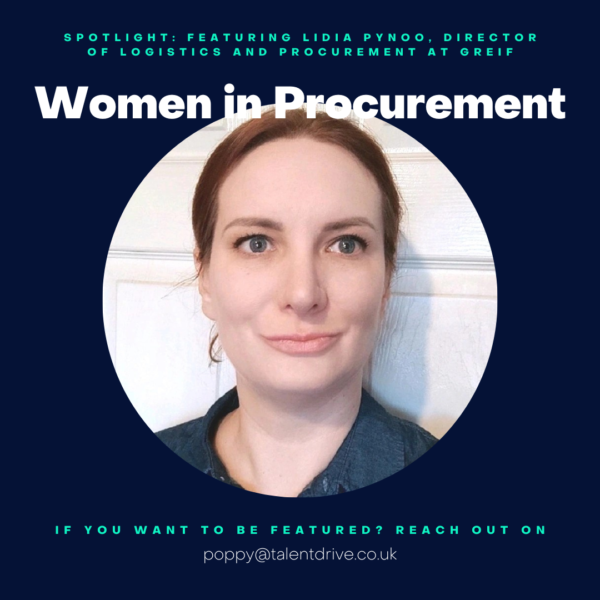Episode show notes
When looking at the educators inducting our future procurement professionals, it’s always reassuring to see a wealth of experience behind them – Paul Alexander is exemplary in this, with decades in the corporate world across oil & gas, professional services and aerospace. Now divulging his expertise at the University of Portsmouth, Paul’s unique perspective offers him a nuanced view on why applicant numbers aren’t matching the current demand in procurement, where students should focus their efforts to prepare for the corporate world, and changing our metrics for success.
This episode of Talent Talks covers:
- Paul’s transition from the corporate world to academia
- Disparity between high demand for procurement and low applicant numbers
- Addressing misconceptions of what procurement really is
- Home working vs on-site, and the pros + cons of offshoring
- Qualities & experiences that graduates should be focusing on
- The importance of active listening
- Changing our metrics for success and kicking the obsession with process
This episode of Talent Talks is sponsored by 4C Associates – a leading European procurement and supply chain consultancy, who work collaboratively with forward-thinking clients to deliver real business value across a wide range of transformation and cost optimisation service offerings. Visit https://www.4cassociates.com/ for more information.
Episode highlights
“For a long time, I’d felt it was really odd that we seem to be struggling to get the quality of candidates we wanted in the organisations I worked in. I puzzled over why we would have (with no disrespect to them) classicists and historians, and not graduates in procurement and supply chain that were coming through.” – 4:08 – Paul Alexander
“I did a lot of work last year, through contacts & people like yourself to generate placements. To my amazement, I got a call from a colleague in the placements office at the university who said, ‘Paul, what are you doing? Stop! We haven’t got enough students who want to do these placements’. It’s just not what I’d expected.” – 9:10 – Paul Alexander
“I used to say sometimes to my team where I thought people were getting a little too accustomed to working from home that, ‘If you push this too far, your job can be done in Bangalore’. I don’t think that’s higher order procurement, I think that’s transactional procurement. But what you can see is, there’s been a hollowing out of the middle of the jobs market for at least 20 years.” – 12:05 – Paul Alexander
“One of my sons at university is doing a placement this year. He’s received his laptop and phone in the post, and he works away in his bedroom. How do you build a corporate culture? How do you build organisational learning? How do you care about the organisation?” – 16:30 – Paul Alexander
“I put out a post on LinkedIn and I was amazed at how much interest I got. Essentially I said ‘Do you feel that we should be cultivating graduates with more finely developed soft skills?’ and I gave a couple of examples. I put some examples: stress management, resilience, stakeholder engagement. From 80 responses or so, absolutely every single response said, ‘Yes, of course that’s what you should be doing’.” – 19:40 – Paul Alexander
“In my career I’ve had many weeks of negotiation training, but when I teach at university, I get a two hour lecture and a couple of hours of seminars, and I provide some videos and support reading, so I’m giving people a taste of it. The students that are coming out know about negotiation, but they’re not really equipped to negotiate.” – 22:45 – Paul Alexander
“For us, listening is a 70:30 ratio, crudely speaking. 70% active listening and 30% talking – it’s the number one skill.” – 24:40 – Martin Smith
“I remember being in a conversation with some guys from finance. The question was: We worry so much about whether procurement pays for itself, whether it adds value, how does finance do it? The answer from a CFO was really quite an arrogant response. He said, ‘I know that because of the quality of my audit’. I thought: all that does is say that you comply with the rules. That doesn’t say that you’re adding value.” – 27:50 – Paul Alexander
“There is so much more to what we do than following a template. I think many organisations are still locked in this awful position of thinking that the process is always the right answer. What that’s done is put a lot of people off.” – 34:20 – Paul Alexander
Links & references
- Paul Alexander
https://www.linkedin.com/in/paul-alexander-478a5422/
- University of Portsmouth
https://www.linkedin.com/school/university-of-portsmouth/
- Martin Smith, Founder & Director of Talent Drive
https://www.linkedin.com/in/martinsmith2009/


